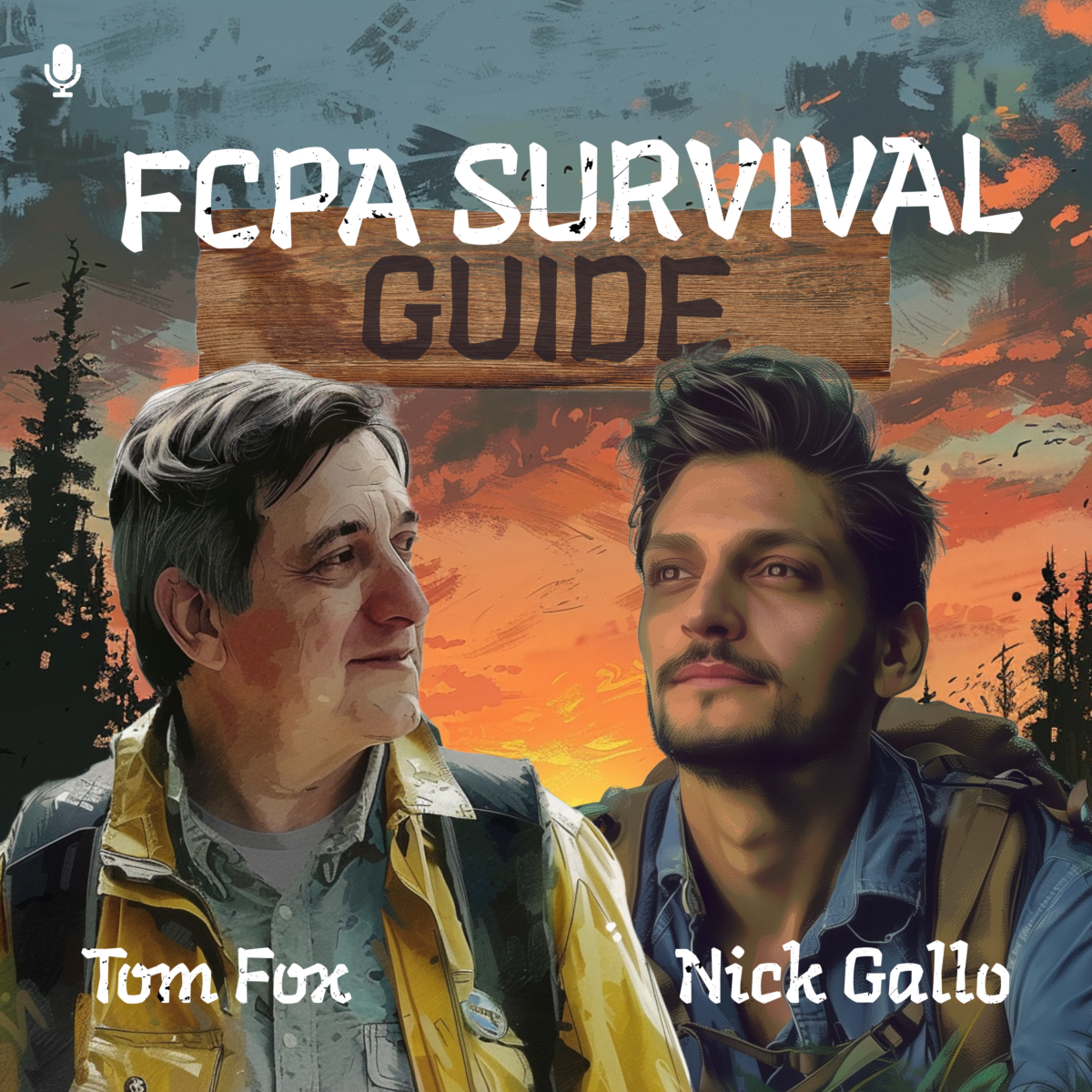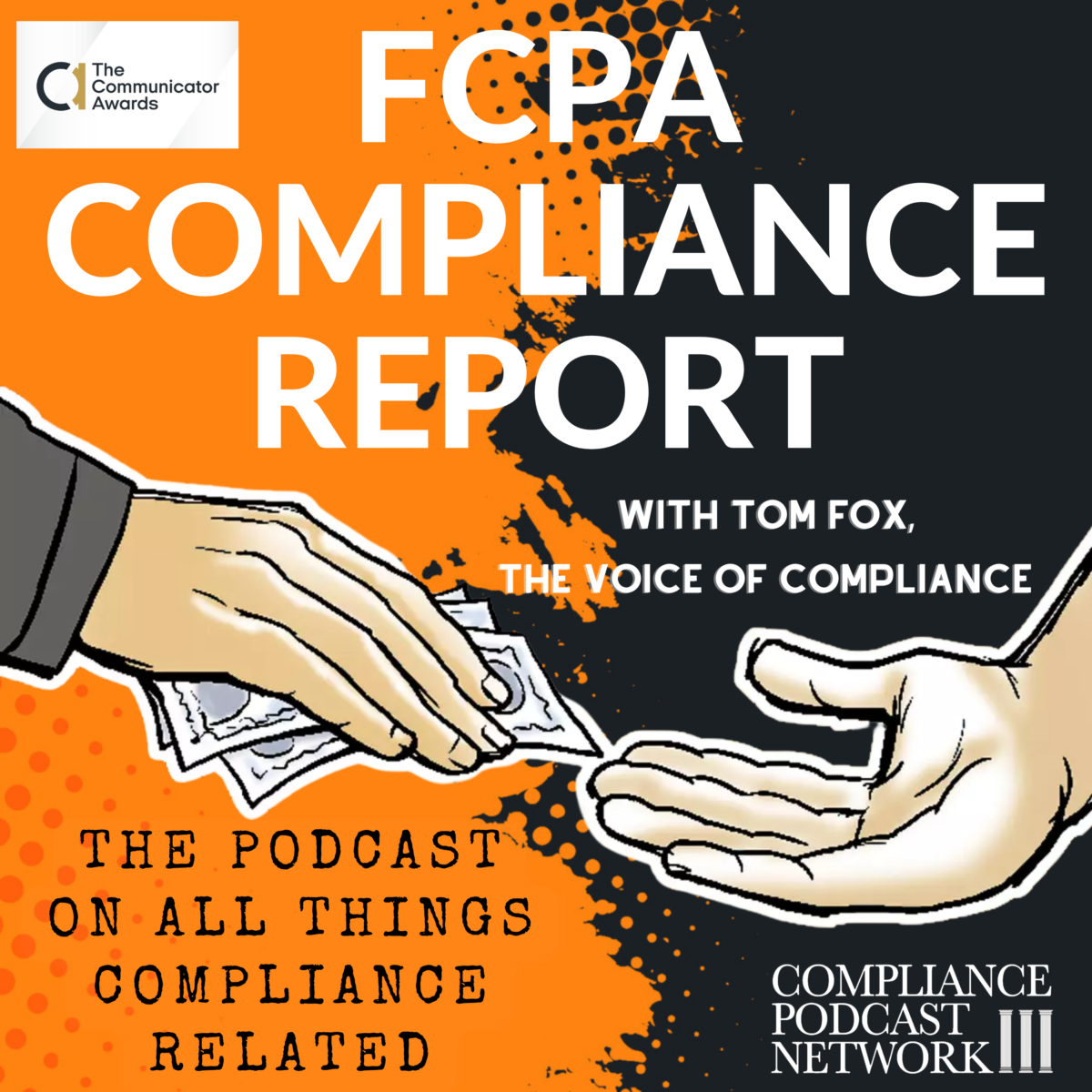How can you survive an FCPA enforcement action? In this special podcast series, Tom Fox and Nick Gallo outline the Top 10 things you can do to reduce your overall fine and penalty, perhaps down to a complete declination. All of the actions you can take come from recent DOJ prosecutions under the FCPA and speeches from DOJ representatives. This podcast, sponsored by Ethico, is the companion series to the book The FCPA Survival Guide: Surviving and Thriving a Foreign Corrupt Practices Act Enforcement Action. Today, we discuss lesson number nine: internal controls.
Tom and Nick delve into the importance of internal controls in compliance, emphasizing the pivotal role they play in business operations. After studying the COSO Framework, Tom shares his transformation into a firm believer in internal controls, underscoring that robust financial controls can cover a significant portion of compliance requirements. They discuss real-world examples, including SAP’s lack of payment process controls and ABB’s successful avoidance of a monitor through proactive measures. The episode highlights the necessity of continuous improvement and collaboration between legal, financial, and business units to ensure the effectiveness of internal controls and the appropriate handling of overrides. The session concludes with a nod to the upcoming episode on speak-up, triage, and internal investigation.
Key Highlights and Issues
- The Importance of Internal Controls
- Financial Controls and Compliance
- Continuous Improvement in Internal Controls
- Effective Collaboration and Overrides
Resources:
Nick Gallo on LinkedIn
The FCPA Survival Guide: Surviving and Thriving a Foreign Corrupt Practices Act Enforcement Action
Tom








